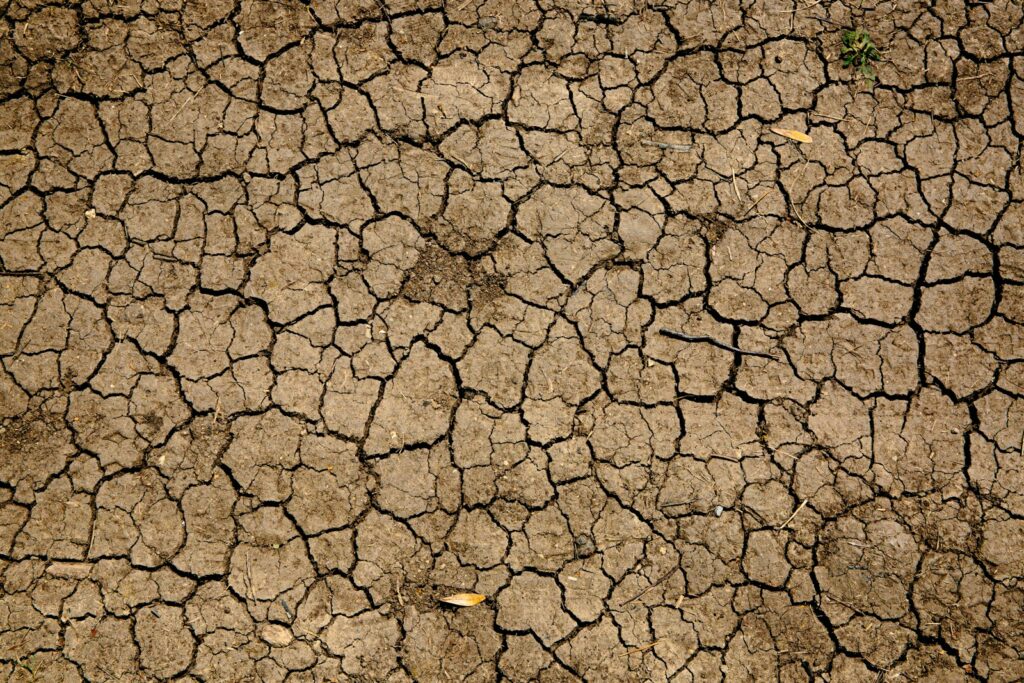Climate change impacts women and poorer households in developing countries' rural areas most significantly, a report published on Tuesday by the United Nations' Food and Agriculture Organisation (FAO) revealed.
A 1°C increase in average temperature results in a household income drop of 34% more for female-run homes than male-led ones, according to the FAO.
Annual income gaps between homes managed by a woman and a man widen by $16 billion (€14.7 billion) due to flooding, and $37 billion (€34 billion) from heatwaves. Such increased vulnerability of women in rural areas is "rooted in social structures and discriminatory institutions," the FAO stated.
These aspects determine resource accessibility, time management, revenue opportunities, and service access based on gender roles.
Women typically carry out more domestic duties, earn lower wages, and have limited access to land, tools, technology, and financial services. Their domestic role often discourages them from seeking alternative income sources in the event of climate shocks, the report observed.
Related News
- 'The window is closing': How liveable will Brussels be if global warming continues?
- EU nature law passes to restore 20% of Europe's degraded land and sea
Poorer households are also less able to adapt by resource and economic opportunity scarcity and their precarious situations. This pushes them to sell livestock in emergencies rather than keep it, for instance, the FAO noted.
As people in these households are usually less educated, it is harder for them to secure non-agricultural jobs or loans for investing in climate shock mitigating projects. On average, these households lose 5% more income than wealthier ones due to heatwaves and an additional 4.4% because of flooding, the study reported.

